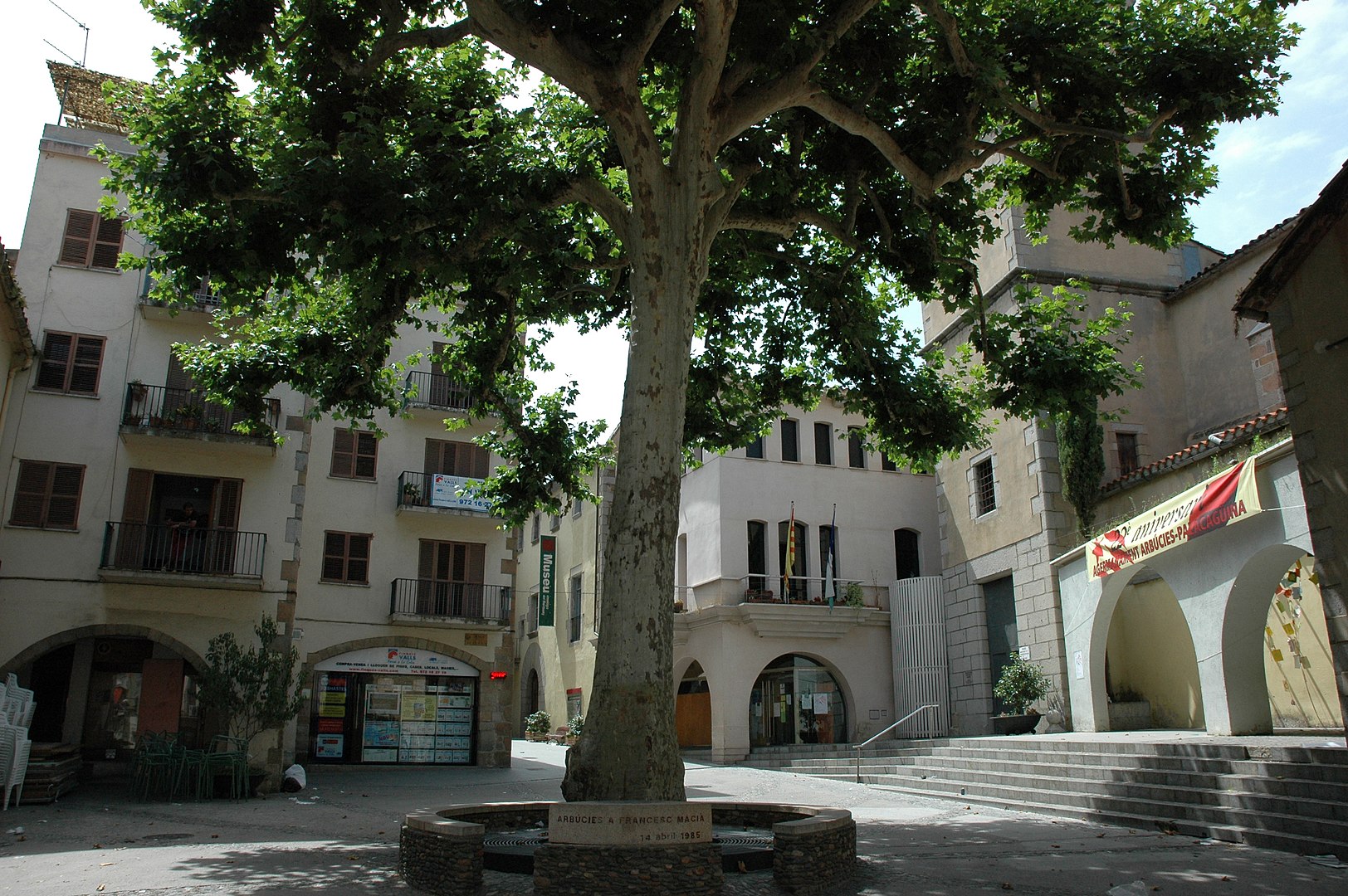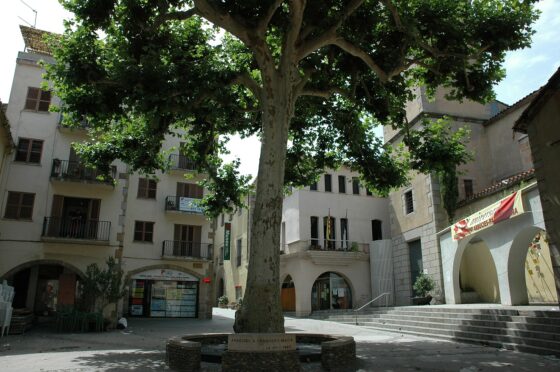Dutch family found living in remote Spanish village deny abuse claims


The lawyer for the parents of a Dutch family found living in a remote house in Spain has said the case against them is based on a misunderstanding.
The couple’s 24-year-old daughter, Daniela, knocked on a neighbour’s house seeking help last month. Spanish media reported it was the first time she had ever spoken with someone outside the family.
Her father, named as Job from Doorn, and his Spanish wife were summoned to a local police station on March 3 on suspicion of abuse and persistent domestic violence. They refused to comment during the interrogation.
She wasn’t escaping,’ said lawyer Pau Simarro. ‘It was just a quarrel [with her father].’
The family – made up of the couple, Daniela and her 18-year-old brother Alex – has been dubbed the Spanish ‘Ruinerwold’ family in Dutch media, after the 2019 case of a father and his six children who were found living completely off the grid for nine years in Drenthe.
That family was also discovered after one of the children raised the alarm in a local café.
The farmhouse where the family was found is in a remote, wooded part of the town of Arbúcies in Spain’s Girona region.
Devout Christians
The children were homeschooled and allegedly not allowed to watch television, use social media or interact with outsiders. They were reported to be devout Christians and members of an evangelical church.
‘I can confirm that the siblings have never been detained or kidnapped by their parents,’ Dutch daily AD quoted the family’s lawyer as saying.
‘They are not isolated, have internet and a fixed telephone line. The parents have also never forbidden their children to associate with other people.
‘It is absolutely wrong that they were only allowed to leave the house with their parents to go shopping.’
The parents maintain the mother needed to live away from antennas and cell phones because she suffers from electrohypersensitivity (EHS), a condition that leaves a person hypersensitive to radiation.
When officers visited the farm the next day, they found a house enclosed by a padlocked metal gate and Alex sitting at a computer in the kitchen of a dark house with the curtains drawn. His computer had no internet connection.
Job, who says he is a web designer, admitted his children had no proof of identity, something the Arbúcies police are in the process of rectifying through the courts.
The neighbour, named in Spanish media as Joseph, approached by Daniela alerted the police to the children’s plight. He said she told him she had run away from home after an argument with her father.
Visiting uncle
Simarro said she wanted a lift to her uncle’s in the nearby village of Matadepera, who is treating her for psychiatric issues.
The parents were arrested shortly afterwards and questioned by police, who took the case to court. A judge has ordered an investigation.
At an emergency hearing, the judge decided the family could still live together in the farmhouse, ruling that the children can’t be removed from the home as they are now adults and didn’t want to press charges against their parents.
The court did, however, order the parents to give their children more freedom.
Both parents and children will be called to testify in court at a later date, where Simarro
insists the misunderstanding will be cleared up.
The Dutch Ministry of Foreign Affairs said it has heard about the story in the media but hasn’t received a request for consular assistance.
Thank you for donating to DutchNews.nl.
We could not provide the Dutch News service, and keep it free of charge, without the generous support of our readers. Your donations allow us to report on issues you tell us matter, and provide you with a summary of the most important Dutch news each day.
Make a donation